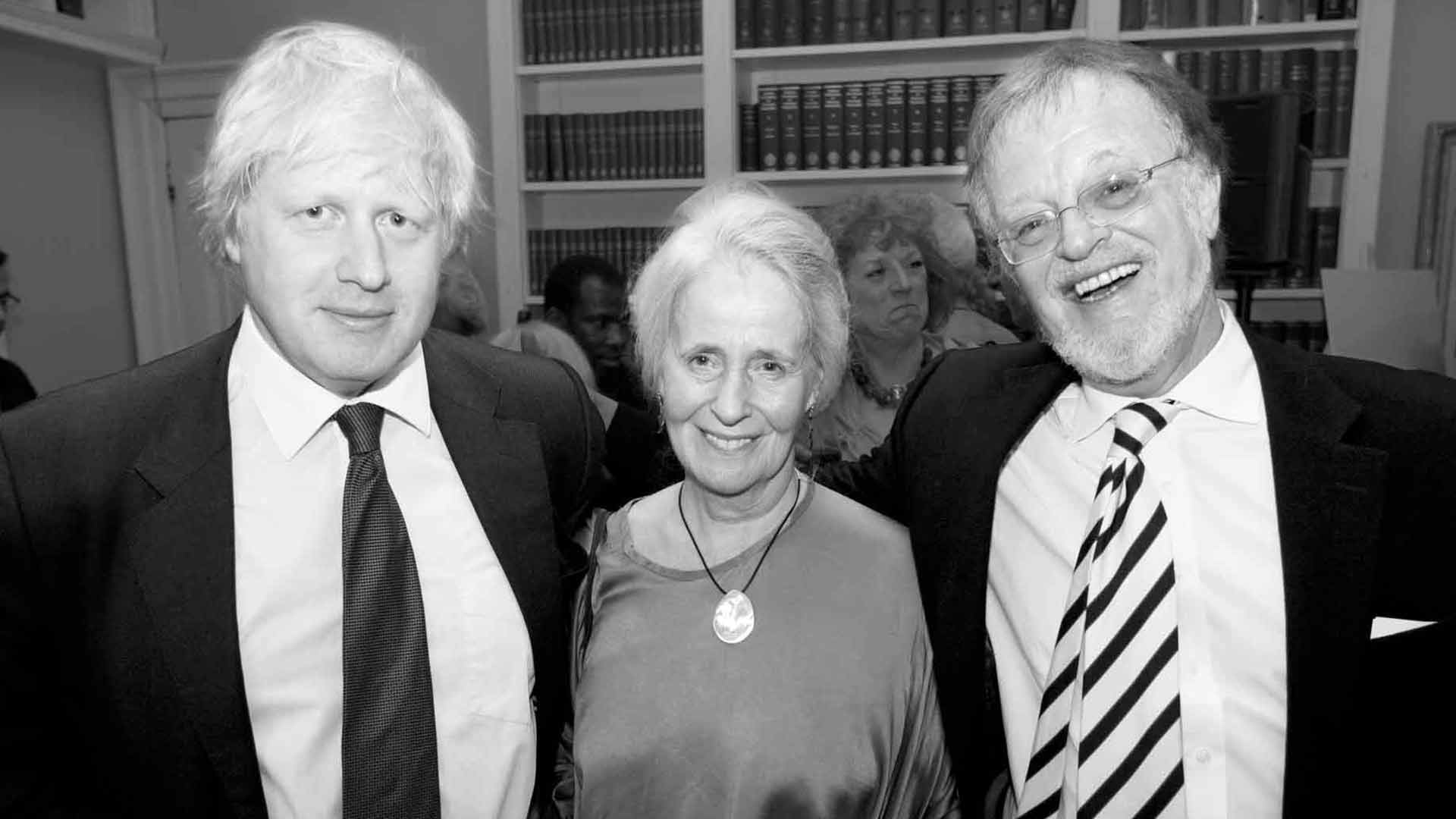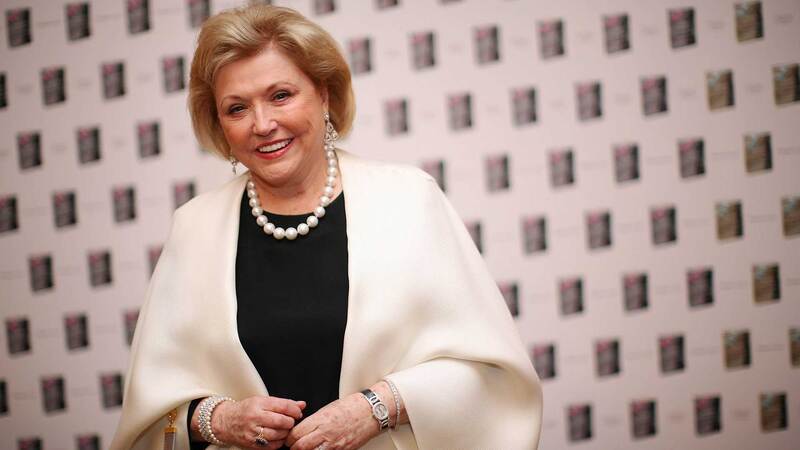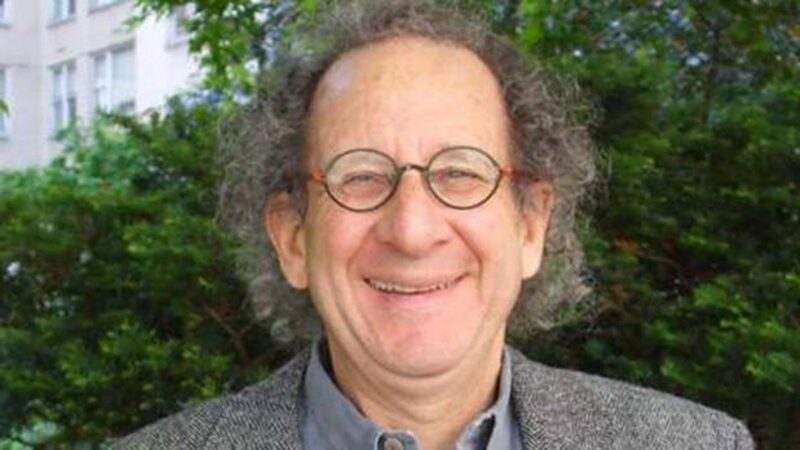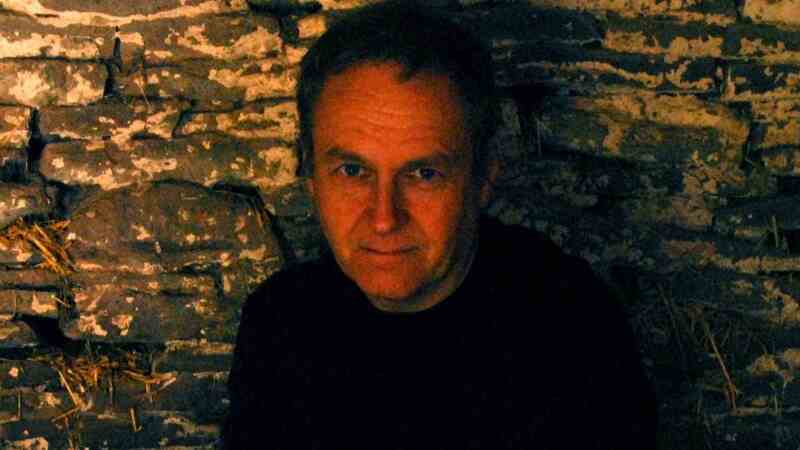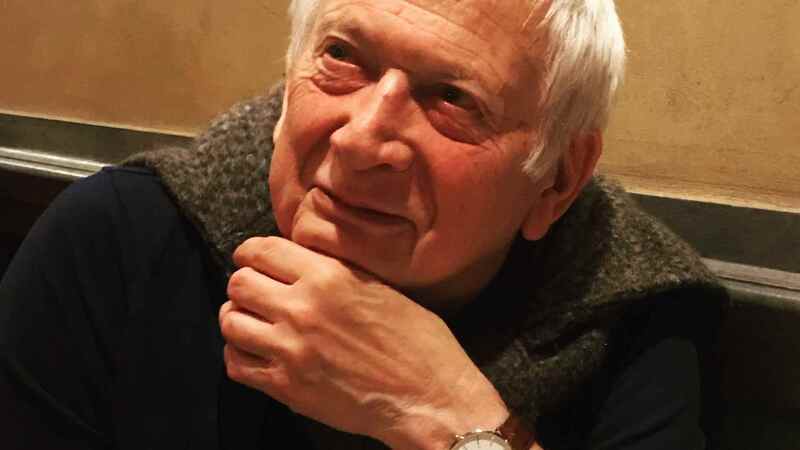Susan Watt
Born: 20th March 1938
Died: 4th August 2024
Jon Watt, audio director at Bonnier Books UK
Susan Watt’s son
Susan was born in Oxford in 1938, the second child of immigrant parents who had fled persecution in Nazi Germany. She inherited from them her strong sense of ethics, hard work, intellectual rigour anda passion for reading. While at university in the city, she took a job at Blackwell’s, where she loved discussing and recommending books to customers. It was a skill that she applied throughout her career in publishing: never losing sight of the reader. From Blackwell’s, she became a buyer at Foyles in London before taking a chance and moving to New York to join Fontana in 1963. It was one of her happiest times, living and publishing with a freedom that she often felt was lacking in the Britain in which she grew up.
When she returned to London, she joined HarperCollins, married my father, David Watt, and had four sons. As senior editor, she quickly spotted a promising thriller writer being published by a small naval press in the US. Tom Clancy’s The Hunt for Red October went on to be one of her first successes on returning to the UK, followed by others with Jeffrey Archer and Bernard Cornwell. In the mid 1980s she became managing director at Michael Joseph, publishing Dick Francis, Dorothy Dunnett, Sharon Penman, Denis Healey, Jeremy Paxman and discovering the Magic Eye phenomenon, before returning to HarperCollins for a second stint in the late 1990s when she edited Tracy Chevalier, Conn Iggulden, George MacDonald Fraser, Amitav Ghosh, Rosie Thomas, Boris Johnson and Adam Nicholson among many others.
In 2010, she was approached to start an imprint at the independent publisher Quercus. Ever open to new challenges, Susan agreed and launched Heron Books, where she continued to publish with the drive, passion and belief she had first displayed at Fontana 50 years earlier.
Susan always made time for colleagues and authors. To her, good publishing was about relationships and her authors were not clients, but partners to be nurtured, championed and encouraged with carrot, stick, humour and friendship.
Many of the kind people who have contacted her family have shared our shock at Susan’s death, because she had, for so long, defied time. Up until the end of her life, Susan remained an active editor with HarperCollins. Age is not always valued in our industry, but Susan was proof that publishing works best when all ages are brought together. She would have liked that legacy as much as the bestsellers.
To Susan, good publishing was about relationships and her authors were not clients, but partners to be nurtured, championed and encouraged with carrot, stick, humour and friendship
Bernard Cornwell
Author of Sharpe’s Eagle (HarperCollins)
I was edited by Susan Watt for more than 40 years, though “edited” is too bare a word to describe our relationship. I was guided, befriended, advised, nagged, consoled, encouraged, protected, lambasted, and, I dare say, loved. I know many other authors who had the same experience, and we are all better for it.
Susan was passionate about books and authors. My initial meeting with her was to be told that the opening of a chapter in Sharpe’s Eagle was “hopeless”, and “there’s a room and a typewriter” so “get to work”. It did not change that much over the next four decades, except that our meetings were rarely in her office. Every trip to London meant a loud and happy dinner with Susan, her four boys and their spouses, and she was a frequent visitor to our Cape Cod home. Judy and I travelled with her to France, Portugal, the Caribbean, Norway and India—every trip enlivened by Susan’s intense curiosity about the destination— usually about that country’s political shortcomings, because Susan was intensely political.
She fought me over book titles, and in retrospect I think we came out even, though I will be forever grateful for her suggestion to call my Shakespearean novel Fools and Mortals. I tried a dozen times to name a novel “Sharpe’s Slaughter”, and had my knuckles firmly rapped each time.
She was intensely loyal to her authors and that, in turn, made us loyal to her. In a moment of sheer, inexplicable insanity in 1987, HarperCollins decided that it no longer needed Susan and let her go. She was instantly recruited by Michael Joseph and so, for a time, I found myself being published by Michael Joseph. But then the bosses at HarperCollins started taking their pills again and she and I moved back to what felt like home to us both.
Her untimely death came as an immense shock. She had always seemed to me to be indomitable, always looking to the future with her exhilarating mix of enthusiasm, humour, curiosity, generosity and vigour, and our world seems strangely empty without her. I feel slightly sorry for the recording angel in heaven who, we are told, is assembling The Lamb’s Book of Life, and who is now being informed that the title is wrong, the subject tedious and “Will the rewrite be ready for the Christmas market?” The recording angel doesn’t yet know how lucky she is.




